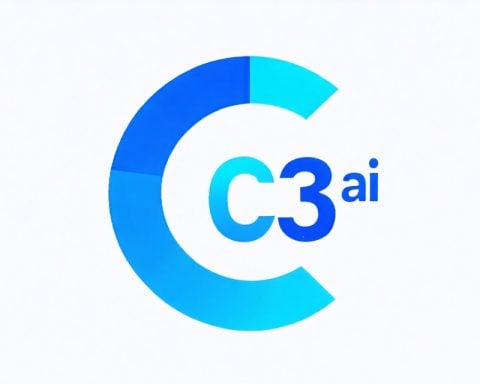In the rapidly evolving realm of smartphone technology, NVIDIA, a name synonymous with high-performance graphics, is reportedly pivoting towards a new venture—developing a cutting-edge smartphone processor. According to industry insiders, this move could profoundly reshape how our handheld devices operate, integrating unprecedented levels of AI and graphics capabilities.
Why the Shift?
Traditionally, NVIDIA has dominated areas like PC gaming and AI computing. However, with the pervasive growth of smartphones as the primary computing device for many users worldwide, NVIDIA appears to be charting a new course. Their potential entry into smartphone processors suggests a strategic decision to provide users with a richer, more immersive experience, potentially leveraging their prowess in AI and GPU technologies.
What Can We Expect?
While details remain scarce, insiders hint at NVIDIA exploring a new horizon involving deep AI integration and enhanced graphical processing for mobile devices. This shift could enable smartphones to perform complex tasks like real-time image processing and enhanced gaming functionalities more efficiently, potentially transforming the daily user experience.
The Future of Smartphones?
If NVIDIA’s plans come to fruition, we might soon witness a revolution in the smartphone industry. This technological leap could lead to devices that are far more powerful, opening new vistas in mobile computing, gaming, and beyond. As NVIDIA potentially sets its sights on the smartphone processor landscape, tech enthusiasts and industry analysts eagerly await the official unveiling of what might be the next big shake-up in mobile technology.
Will NVIDIA’s Smartphone Venture Disrupt the Mobile Landscape?
As NVIDIA explores the realm of smartphone processors, the ripple effects could transform not just individual experiences but global tech ecosystems. This prospective innovation raises intriguing questions: How will it change our interaction with technology? What advantages and pitfalls await?
A compelling advantage of NVIDIA’s rumored entry into smartphone processors is the potential escalation in computing power. By leveraging their expertise in AI and graphics, NVIDIA could enable smartphones to double as powerful AI hubs, offering groundbreaking functionalities like instantaneous language translations and advanced augmented reality (AR) applications. For enthusiasts of mobile gaming, this shift could herald unprecedented graphics and processing speeds, outpacing what’s currently available.
However, this leap isn’t without its challenges. Integrating NVIDIA’s advanced tech into phones might raise costs, possibly putting these cutting-edge devices out of reach for average consumers—widening the digital divide. Moreover, there is a controversial whisper in the tech community: Could this new venture overshadow NVIDIA’s core strengths in PC gaming and AI, potentially spreading their resources too thin?
The broader impact on countries and communities must also be considered. Countries with robust tech sectors may see an uptick in technological advancement and economic growth, while others may lag behind, exacerbating global tech inequality. In hyper-connected communities, these advancements could enrich artistic endeavors and educational engagement, fostering innovation.
As NVIDIA potentially reshapes our pocket-sized computers, the tech world watches with bated breath. With uncertainties ahead, the only constant is that innovation continues to march forward. Will this shift herald a new era or add another layer of complexity to our digital lives?
Curious about NVIDIA’s other ventures? Visit their website for more insights into their innovations.






















